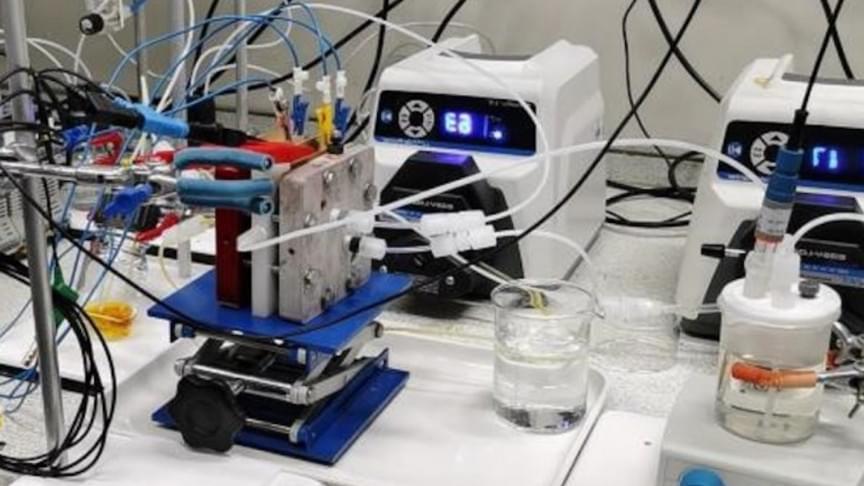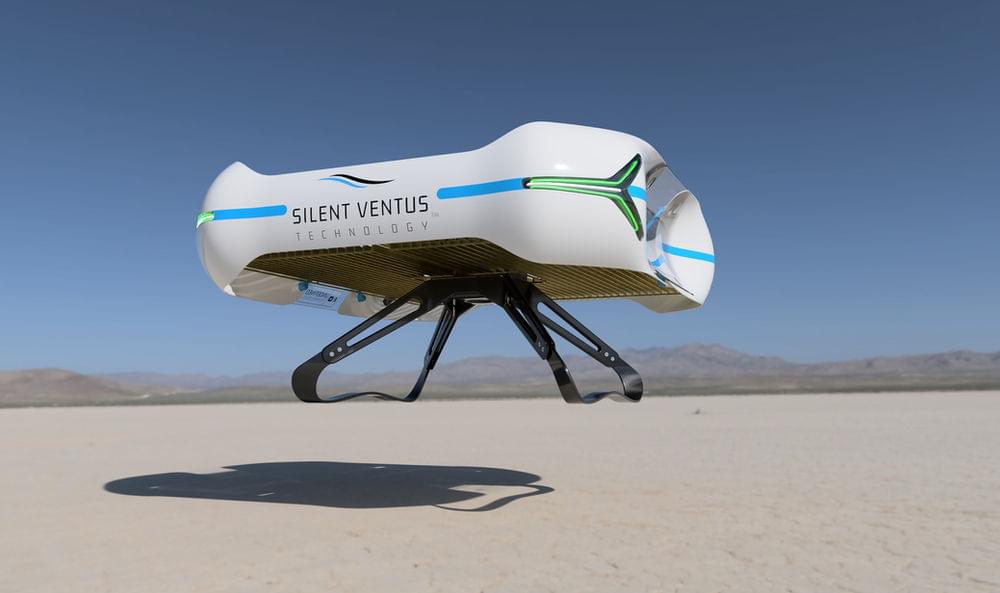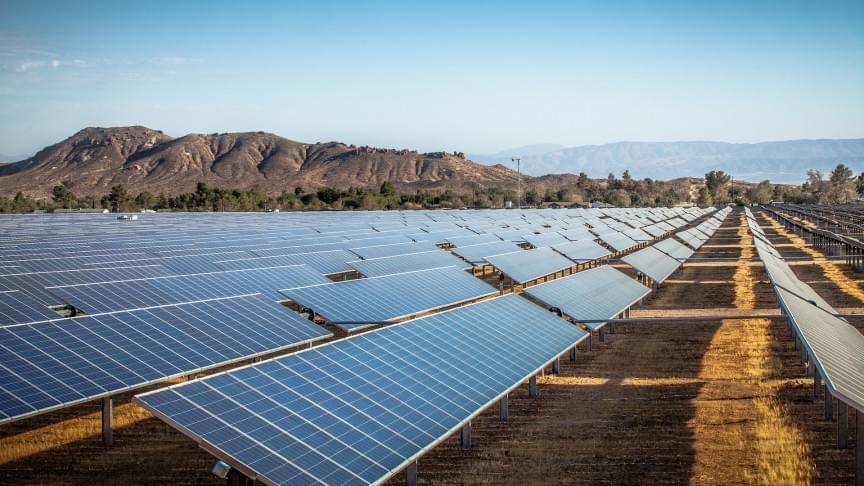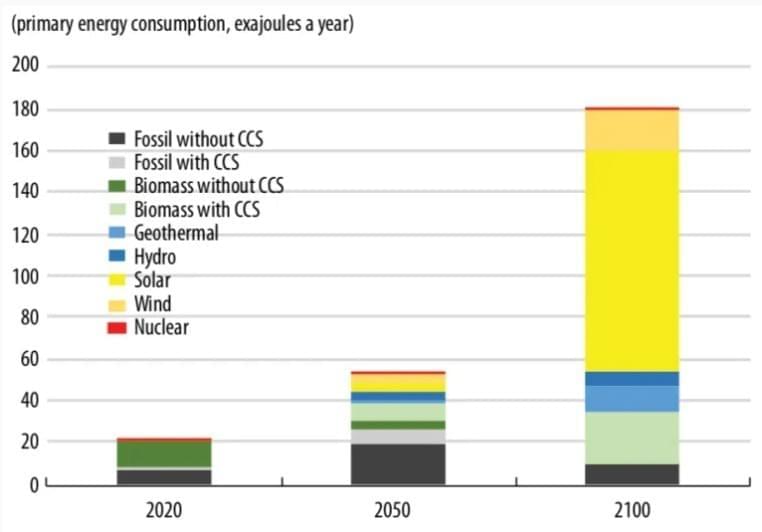
Category: sustainability – Page 348



What The Next-Generation Silent Drone Looks Like
Drones with ion drive. now if could rig it up with indefinite batteries and solar power skin and a tesla wave receiver system.
Undefined Technologies has revealed the new design of its ion drone MIAMI, APRIL 18, 2022 – Undefined Technologies, a Florida-based tech startup, has unveiled the new aesthetic design of its silent eVTOL drone powered by ion propulsion. The concept vehicle named “Silent Ventus™” uses proprietary technology to fully use the ion cloud surrounding the craft to generate high levels of ion thrust in atmospheric air. “Silent Ventus™ is a vivid example of our intent of creating a sustainable, progressive, and less-noisy urban environment,” says Tomas Pribanic, Founder and CEO of Undefined Technologies. “The design brings us closer to our final product and enables us to showcase the dual-use of our technology.”

Fast-acting enzyme breaks down plastics in as little as 24 hours
The idea of deploying enzymes to break down plastic waste is gaining momentum through a string of breakthroughs demonstrating how they can do so with increasing efficiency, and even reduce the material to simple molecules. A new study marks yet another step forward, with scientists leveraging machine learning to engineer an enzyme that degrades some forms of plastic in just 24 hours, with a stability that makes it well-suited to large-scale adoption.
Scientists have been exploring the potential of enzymes to aid in plastics recycling for more than a decade, but the last six years or so has seen some significant advances. In 2016, researchers in Japan unearthed a bacterium that used enzymes to break down PET plastics in a matter of weeks. An engineered version of these enzymes, dubbed PETase, improved the performance further, and in 2020 we saw scientists develop an even more powerful version that digested PET plastics at six times the speed.
A team at the University of Texas set out to address some of the shortcomings of these enzymes so far. According to the scientists, the application of the technology has been held back by an inability to function well at low temperatures and different pH ranges, lack of effectiveness directly tackling untreated plastic waste, and slow reaction rates.

Gaia-Based Theosophy: Conception and Birth of the Living Earth
“The Earth has entered a radically new era, understood by scientists as the Anthropocene: a time when humanity reckons with massive geologic and biospheric forces we, as anthropos, have set in motion. The agency of Nature and the reality of humanity as a collective geologic force is becoming understood differently, even within the Western paradigm. It is a new world our children will inherit, for if humanity is to survive, we must come into new realizations of our place within the planetary life-support systems. To lay a path for future generations through the evolutionary steps that humanity must now take to learn to live in balance with the planet, science must come to balance with Spirit.” ―Oberon Zell, GaeaGenesis.
#OberonZell #GaeaGenesis #GaiaHypothesis #SyntellectHypothesis #GlobalMind #theosophy #consciousness
In the early 1970s, celebrated philosopher and mystic Oberon Zell was the first to propose the radical idea that the biosphere of Earth was a single living superorganism. His initial article on the subject electrified the emerging modern movement of Earth-based spirituality, generating volumes of correspondence, lecture tours, and further articles in various journals and books.
The excitement was the result of a simple yet profound idea. Imagine for a moment that Earth is alive. Not just teeming with living things, but a living, vital organism encompassing the whole of the planet. This is how Oberon Zell imagines it in GaeaGenesis 0, but it is more than imagination or mere metaphor. GaeaGenesis is the first work to fully integrate the mythological, spiritual, biological, and social history of what has become known as the Gaea Thesis. It builds upon this history by exploring the profound implications of the thesis, which is as significant to our understanding of the world and our place in it as the heliocentric theory of the solar system and Darwin’s theory of evolution once were.
GaeaGenesis culminates five decades of work developing Zell’s thesis, building on his own original ideas as well as those of renowned scientists, philosophers and spiritualists who preceded him. The works of mythologist Joseph Campbell are referenced, as are the studies of psychologist Carl Jung, whose concept of a “Collective Unconscious” ushered in a new understanding of a human-based Global Mind. In addition, GaeaGenesis draws upon the work of Nobel Prize-winner Al Gore to illustrate the emerging realization that climate change affects a vast web of interdependent ecosystems.

[Exclusive] Elon Musk: A future worth getting excited about | TED | Tesla Gigafactory interview
Elon talks about x-risks and making us a multi-planetary species, amongst other things.
What’s on Elon Musk’s mind? In this exclusive conversation with head of TED Chris Anderson, Musk details how the radical new innovations he’s working on — Tesla’s intelligent humanoid robot Optimus, SpaceX’s otherworldly Starship and Neuralink’s brain-machine interfaces, among others — could help maximize the lifespan of humanity and create a world where goods and services are abundant and accessible for all. It’s a compelling vision of a future worth getting excited about. (Recorded at the Tesla Texas Gigafactory on April 6, 2022)
Just over a week after this interview was filmed, Elon Musk joined TED2022 for another (live) conversation, where he discussed his bid to purchase Twitter, the biggest regret of his career, how his brain works and more. Watch that conversation here: https://youtu.be/cdZZpaB2kDM
0:14 A future that’s worth getting excited about.
2:44 The sustainable energy economy, batteries and 300 terawatt hours of installed capacity.
7:06 “Humanity will solve sustainable energy.“
8:47 Artificial intelligence and Tesla’s progress on full self-driving cars.
19:46 Tesla’s Optimus humanoid robot.
21:46 “People have no idea, this is going to be bigger than the car.“
23:14 Avoiding an AI dystopia.
26:39 The age of abundance.
28:20 Neuralink and brain-machine interfaces.
36:55 SpaceX’s Starship and the mission to build a city on Mars.
46:54 “It’s the people of Mars’ city.“
50:14 What else can Starship do and help explore?
53:18 Possible synergies between Tesla, SpaceX, The Boring Company and Neuralink.
54:44 Intercontinental travel via Starship.
58:41 Being a billionaire.
1:02:31 Philanthropy as love of humanity.
1:03:39 Population collapse and birth rates as a threat to future of human civilization.
1:04:13 Elon’s drive.
1:06:06 “I think if you want the future to be good, you must make it so.”
If you love watching TED Talks like this one, become a TED Member to support our mission of spreading ideas: http://ted.com/membership.

A Headline Yesterday Stated the Green Energy Transition Has Stalled — Why?
Alex Pourbaix, the CEO of Cenovus, Canada’s second-largest oil and gas company, spoke up in a call with industry analysts where he criticized the plan and the money being offered to the industry. He called for a much large commitment from governments if the industry were to build large-scale CCUS. Pourbaix suggested that there were examples from other countries where the industry was being given up to 70% of the capital costs on new CCUS projects and was receiving additional money to offset operating costs.
While Pourbaix was complaining about the lack of money to build CCUS projects, he also announced to analysts that Cenovus had earned a seven-fold jump in its quarterly profits, and was tripling dividend payments to shareholders. This wasn’t mentioned in Jones’ article but did appear in the same edition of the paper, two pages later, tucked away well below the fold. It reported Cenovus had announced per-share dividends rising from $0.14 US to $0.42, with earnings exceeding analyst estimates at $0.79 per share. In the same report, Cenovus announced production output of synthetic crude from oil sands operations growing from over 769 to almost 800,000 barrels a day. There was no mention of GHG emissions contributions. And when I went to look at the company’s annual and quarterly reports, there was no reporting on GHG emissions or even intensity per barrel or per cubic metre related to production although there was a pledge to sustainability and best ESG practices. A 2020 Bloomsberg report states that GHG emissions at Cenovus continue to rise.
Cenovus is one of the founding members of the Clean Resource Innovation Network (CRIN). Its mission is to keep Canadian oil and natural gas companies competitive in world markets. Other members are fossil fuel companies, think tanks, academics, and government departments. CRIN acknowledges a low-carbon future but seems to lack a roadmap to get there. As I perused the website there was little information on strategies for carbon emission reductions. There was content related to intensity per unit of production as well as discussion about cleaner fuel standards. But I found nothing about CCUS.